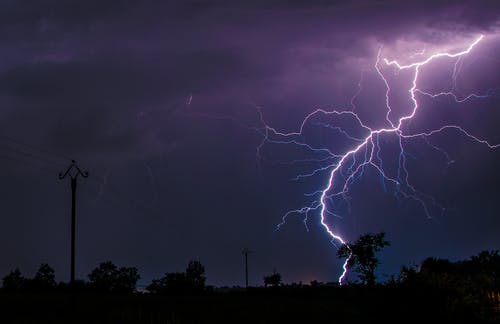A Professional Engineer (P.E.) license is a certification given to engineers after passing an examination provided by the National Council of Examiners for Engineers and Surveyors (NCEES). In order to obtain a P.E. license, engineers must meet NCEES requirements of passing the Fundamentals of Engineering (FE) exam and the Principles and Practice of Engineering (PE) exam. Engineers can have multiple P.E. licenses because they are provided individually by states. The first person to ever earn a P.E. license in the United States (U.S.) was Charles Bellamy on August 8th, 1907; now over 100 years later, we celebrate Professional Engineers Day around the world.
Wednesday, August 3rd, 2022 will mark the seventh annual anniversary of Professional Engineers Day. The purpose of this holiday is to bring awareness to what engineers do, what it takes to be a P.E., and how they stay up-to-date with rapidly growing technologies. Thanks to the awareness this holiday offers, the U.S. has more than 800,000 engineers with P.E. licenses according to NCEES, and soon we will be able to proudly say the U.S. has more than 1,000,000 engineers with P.E. licenses.
Happy Professional Engineers Day!






